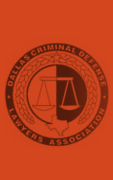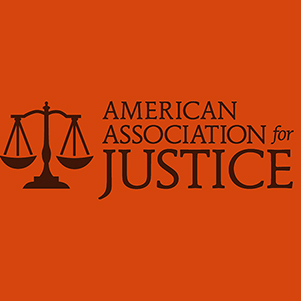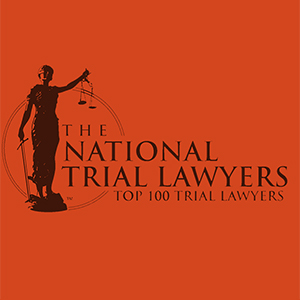The Exclusionary Rule
When an individual faces trial for criminal offenses, the prosecutor in the case will bring evidence before the court to prove the individual’s guilt. The prosecutor may gather this evidence in a number of ways, not all of which may be legal.
When evidence is gathered illegally, it may be subject to the exclusionary rule, which disallows it from being used to incriminate the individual on trial. It is important to note, however, that there are exemptions to the exclusionary rule.
When Is Evidence Excluded?
Courts may exclude evidence from a criminal trial when the evidence is obtained illegally. Methods for illegally obtaining evidence include:
- Unreasonable search and seizure
- Coercing individuals into self-incrimination
- Illegal wiretapping
Generally, any information obtained through a violation of a Constitutional amendment or of a federal law can be subject to the exclusionary rule.
Exceptions to the Exclusionary Rules
Courts will sometimes allow illegally-obtained evidence to be used in a criminal trial. This usually occurs when the court realizes that the information is vital to incriminating a person who may be guilty of a serious offense.
Evidence obtained illegally may be excluded from the exclusionary rule when it:
- Comes from a private person who was not acting for the government
- Comes from the state government, which turns the evidence over to the federal government
- Violated a person’s rights, but the person is not the one who is on trial
- Would have been found eventually through legal means
- Cannot be used to the defendant’s advantage because of other evidence
In short, when the federal government has jurisdiction over a case, any evidence that a third-party obtained can be used in the case as long as the federal government did not ask that third party to commit the act.
Contact Us
The exclusionary rule may help you avoid a criminal conviction, but your legal defense will need to prove that the evidence was obtained illegally as is not subject to an exception. For more information, contact the Dallas criminal defense lawyers of the Law Office of Mark T. Lassiter, P.C., at (214) 845-7007.








